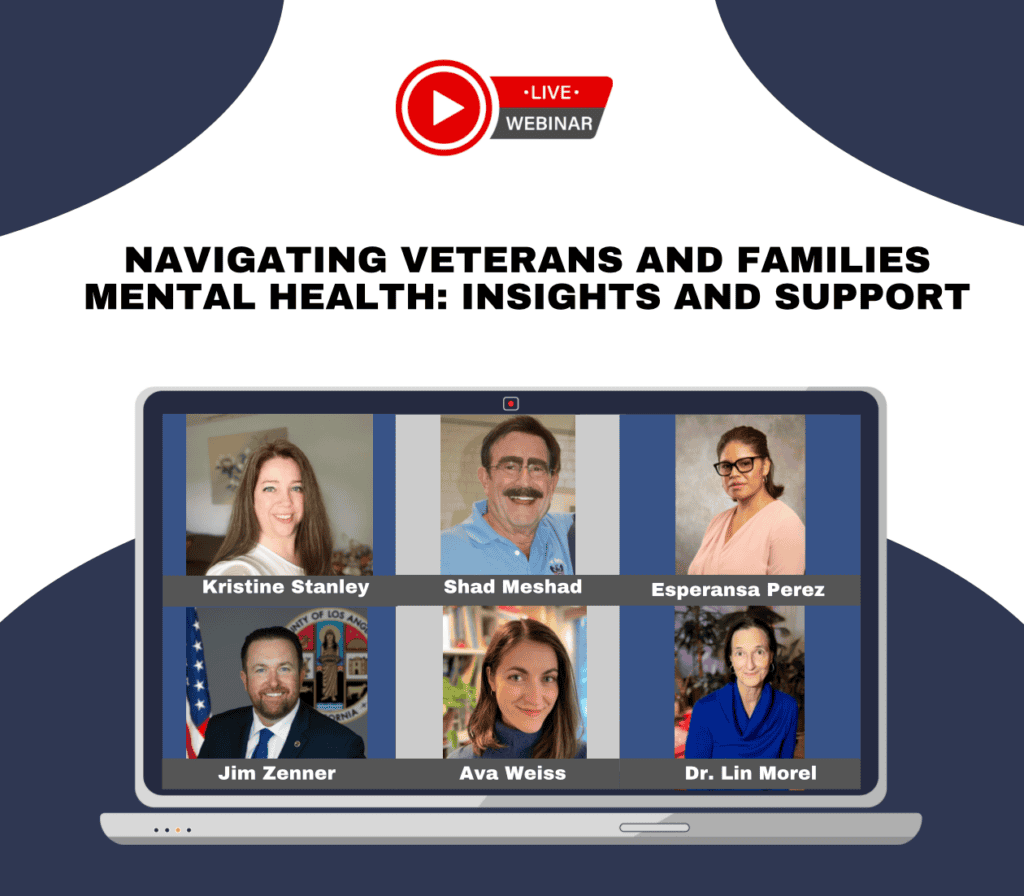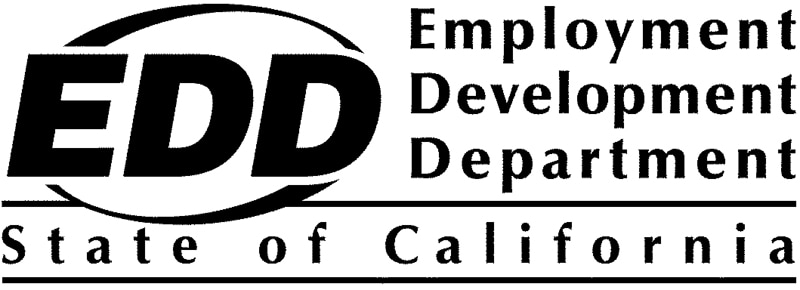If Your Returning Veteran Won’t Talk to You…
Husband, wife, son, daughter.
Aunt, uncle, niece, nephew.
Grandson, granddaughter.
The child of a friend.
A friend or acquaintance—
Whoever your veteran is, if communication is difficult, it’s not about you.This is the hard part, seeing the changes in someone you love, not knowing what to do, how to help. Not knowing the full story and having to guess. Trying to be supportive and watching that have no effect. You don’t know what to do and you’re feeling helpless, then maybe angry.
You’re not alone.

The first weeks and months of transitioning out of the military and back into civilian society are not easy for anyone.Some veterans manage all the moving parts so that it looks like a smooth transition. Sometimes it is. Veterans who suffer from PTSD, TBI (traumatic brain injury) or MST (military sexual trauma); who were in combat, or who were otherwise injured, have an even tougher time. And some of those vets who make it look easy, discover—sometimes years later—unexpected issues rising.
You know how hospitals get patients up and moving right away after surgery? Something similar applies to transitioning from the military. I had an old sergeant in Vietnam say If you’re standing still, you’re backing up. There’s an element of truth in that. The sooner a veteran establishes some sort of foothold in civilian life, the better things go.
Veterans returning to civilian life returned changed into a changed world.Think about it. They’ve been in a highly structured military environment for several years. Civilian life looks free-wheeling and chaotic by comparison. Young vets who enlisted right out of high school find their former friends have moved on…they’re established in careers, maybe married. It’s like returning to a planet you used to know. Things look familiar but they’re not the same. There’s no easy fit back into the life they left.
So what are the steps of transition?
If a vet needs medical or mental health care, that’s a first priority. After that, housing and meaningful employment is critical. That could mean going back to school…vocational training or college. Your veteran has earned benefits that can be a resource at this time. Accessing them can be a challenge. That’s where a Vet Center can help. A Veteran Services Officer is trained in all the ways to claim those hard-earned VA benefits. No VSO or Vet Center near you?
 That’s where we come in. Here at the National Veterans Foundation we talk to vets and their families all day long on our Lifeline for Vets crisis and information hotline. We’ve spent years identifying individuals and state and local agencies all across this nation, who work with veterans. Whether the problem is medical or mental health care, housing, employment, legal help or counseling, we can put you in touch with resources it would take you a long time to find.
That’s where we come in. Here at the National Veterans Foundation we talk to vets and their families all day long on our Lifeline for Vets crisis and information hotline. We’ve spent years identifying individuals and state and local agencies all across this nation, who work with veterans. Whether the problem is medical or mental health care, housing, employment, legal help or counseling, we can put you in touch with resources it would take you a long time to find.
In the coming weeks, we’ll explore this territory together here in this space. Follow the series to have a better sense of what your vet might be experiencing and what resources there are for you. For starters, just listen to your vet. That might be the most helpful thing you can do right now. It’s easy and it’s free.
If your returning Veteran won’t talk to you…maybe they’ll talk to us.888.777.4443. That’s our Lifeline for Vets. It’s vet-to-vet. That makes a huge difference. It means that your vet is talking to someone who’s been there. It starts the conversation in a whole new place. It’s worked for over 40 years. For veterans of all wars and branches of services, and for their families. You, too, are welcome to call us any time.
National Veterans Foundation Lifeline for Vets 888.777.4443
You can be a part of our mission to help Veterans by making a tax-deductible donation!
About the Author
SUBSCRIBE TO OUR BLOG AND NEWS!
By submitting this form, you are granting: NATIONAL VETERANS FOUNDATION INC permission to email you. You may unsubscribe via the link found at the bottom of every email. (See our Email Privacy Policy for details.)
Related Posts





